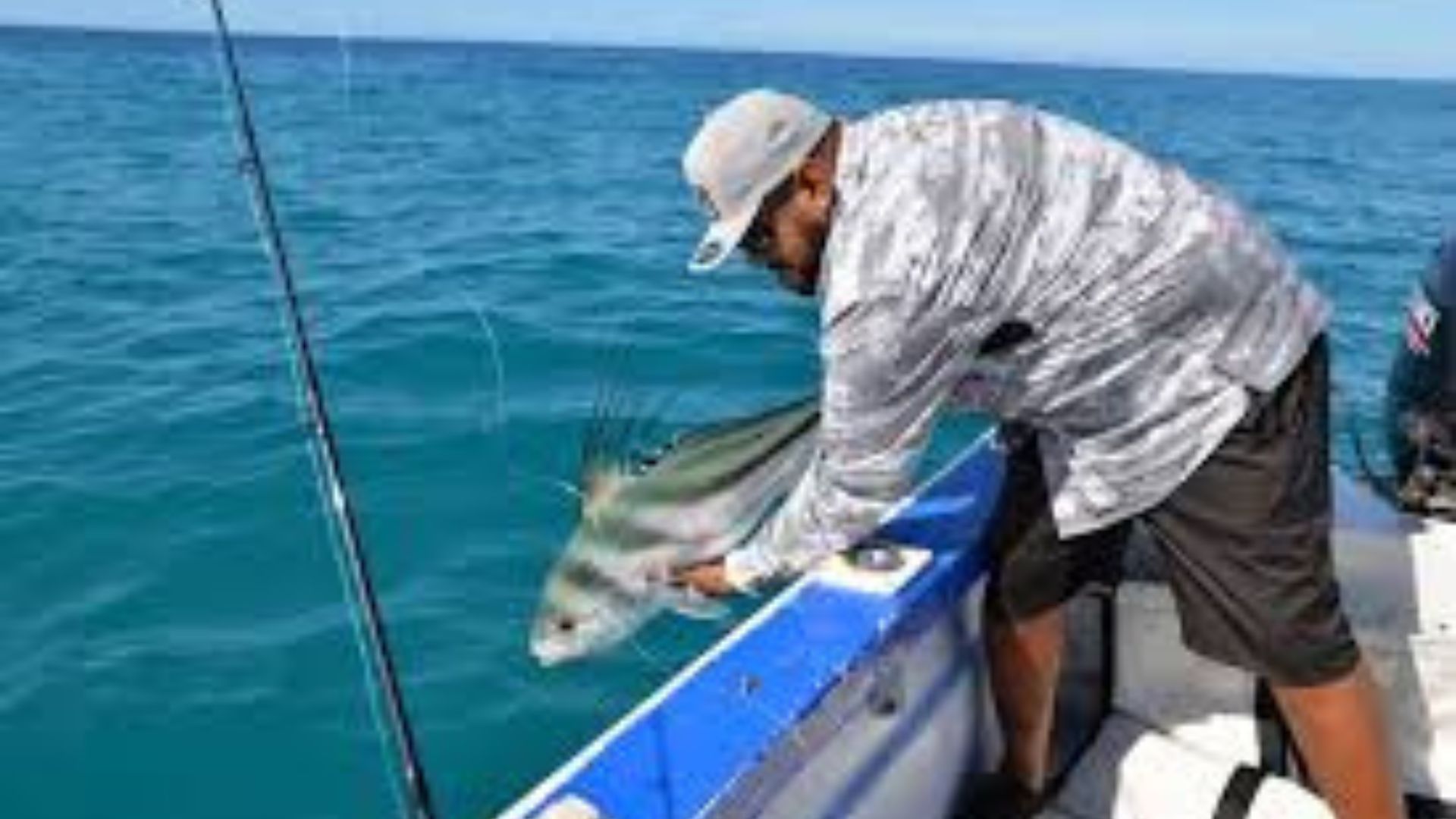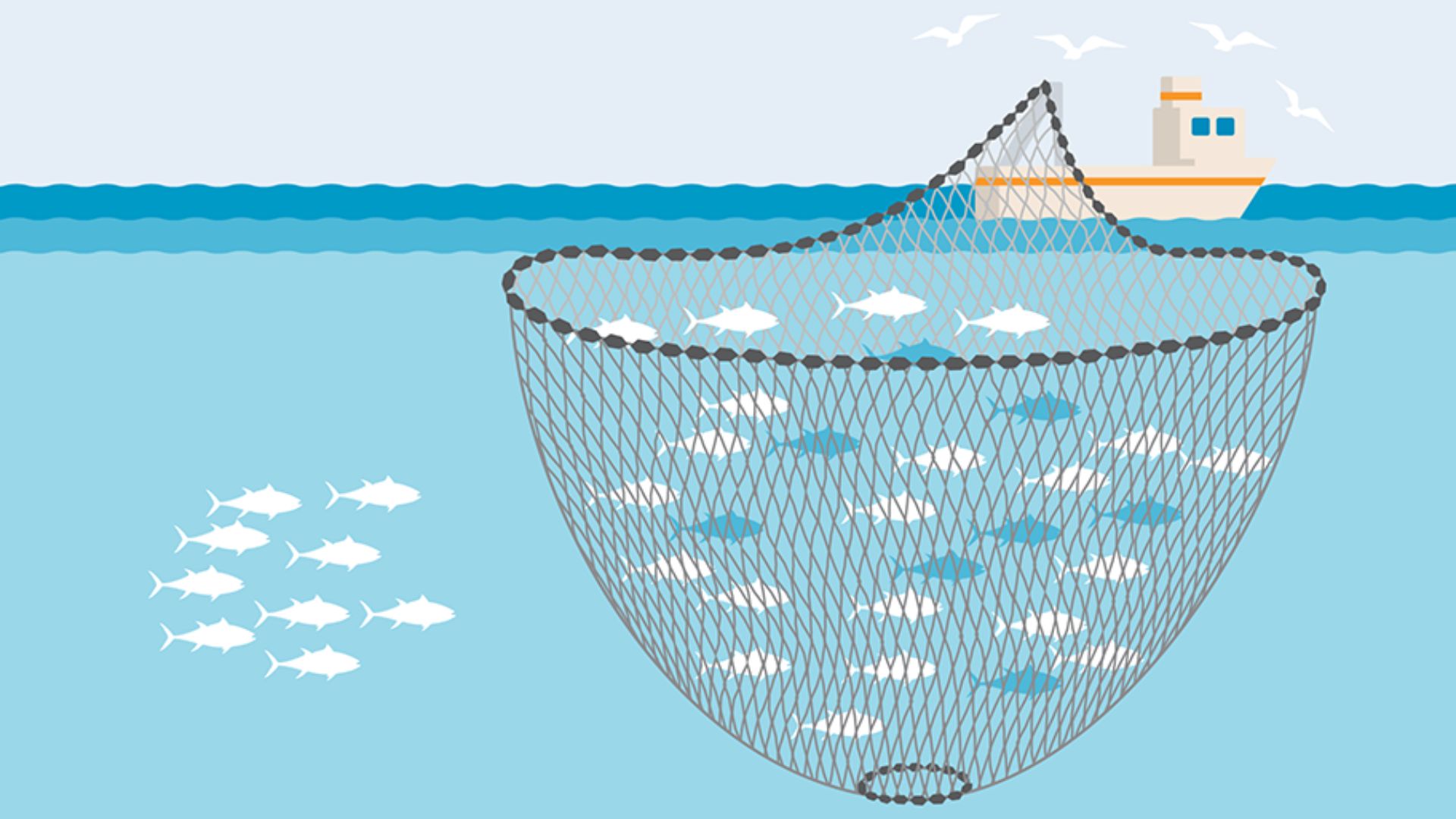Fishing is a great way to enjoy nature, but it also comes with responsibility. Ethical fishing helps protect fish populations, preserves the environment, and ensures that future generations can enjoy the sport. Whether you are a beginner or an experienced angler, you must follow these ethical fishing practices.

Why Ethical Fishing Matters
Ethical fishing keeps fish populations healthy and maintains the balance of marine and freshwater ecosystems. Without responsible practices, overfishing and habitat destruction can harm fish and other wildlife. By following ethical fishing rules, you help protect nature while still enjoying your favorite hobby.
1. Get a Fishing License
Most places require a fishing license before you start fishing. Governments use license fees to support conservation efforts, restock fish populations, and protect natural habitats. Make sure your license is valid and follow local fishing laws.
2. Follow Catch Limits
Catch limits prevent overfishing and help fish species grow and reproduce. Every area has different rules for how many fish you can keep per day. Always check the local fishing regulations and respect the limits.
3. Use Proper Catch-and-Release Methods
If you are practicing catch-and-release, you must handle fish carefully to prevent injury. Follow these steps:
-
Use wet hands to protect the fish’s skin.
-
Remove the hook gently to avoid damage.
-
Keep the fish in the water as much as possible.
-
Let the fish swim away on its own, rather than tossing it back.
4. Respect Fishing Seasons
Many fish species have specific fishing seasons to protect them during their breeding periods. Fishing outside of these seasons can harm populations and disrupt natural cycles. Always check fishing calendars before planning your trip.
5. Use the Right Fishing Gear
Certain types of fishing gear can harm fish and the environment. Some regions ban certain nets, traps, or hooks to prevent unnecessary harm. Consider using:
-
Barbless hooks for easier fish release.
-
Circle hooks to reduce deep hooking.
-
Non-toxic weights to avoid water pollution.
6. Do Not Waste Fish
If you catch fish for food, use them wisely. Do not take more than you can eat. If a fish is too small or you do not plan to eat it, release it safely. Wasting fish is unethical and harmful to ecosystems.
7. Avoid Polluting the Water
Fishing responsibly means keeping the environment clean. Always follow these rules:
-
Do not leave fishing lines or hooks in the water. These can injure fish, birds, and other animals.
-
Take all trash with you and dispose of it properly.
-
Avoid using plastic bait containers that can end up in the water.
8. Be Respectful to Other Anglers
Fishing is more enjoyable when everyone follows good etiquette. Be polite, keep a safe distance from others, and do not disturb their fishing spots. Also, avoid making loud noises that can scare fish away.
9. Protect Fish Habitats
Healthy fish need clean and safe habitats to thrive. Always follow these guidelines:
-
Do not damage coral reefs or aquatic plants.
-
Avoid fishing in breeding areas or protected zones.
-
Be careful when using boats, as propellers can harm underwater life.
10. Report Illegal Activities
If you see someone breaking fishing laws, report it to local authorities. Illegal fishing practices, like poaching or polluting, harm ecosystems. Responsible anglers must help protect wildlife by reporting unethical behavior.
Conclusion
Ethical fishing ensures that fish populations remain strong, the environment stays clean, and future generations can enjoy fishing. Always follow fishing laws, respect nature, and encourage others to do the same. Responsible fishing benefits both people and wildlife.











